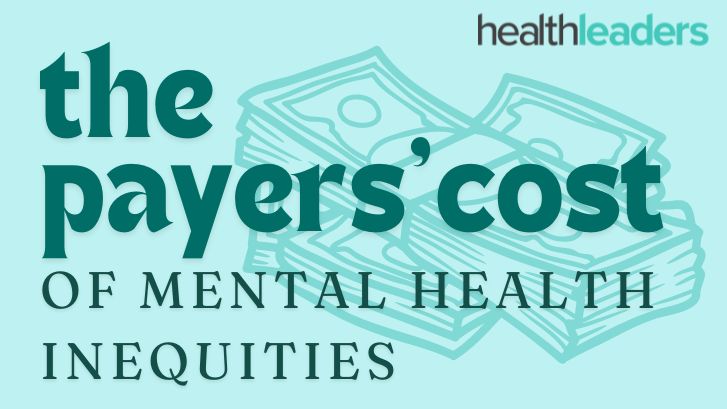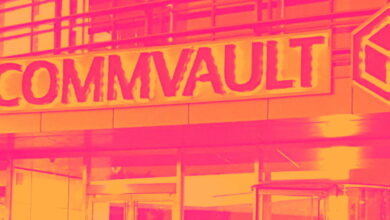Infographic: The Cost of Mental Health Inequities

Unorganized mental health care is driving up utilization costs.
The inequities of mental health care are costly and prevalent throughout the nation. If left unaddressed, the U.S. will may spend almost half a trillion dollars in unnecessary costs for mental health care through 2024. That number could even escalate to $14 trillion by 2040 if left uncontrolled, according to a report from Deloitte and the Meharry School of Global Health.
According to the report, the U.S. currently spends about $477.5 billion annually in avoidable expenses related to mental health inequities. Year by year, the U.S. is expected to spend roughly $1.26 trillion on these inequities.
The report also shows that emergency department utilization, in relation to mental health inequities, costs the healthcare system about $5.3 billion annually. Projections suggest this may rise to $17.5 billion by 2040, if left unaddressed.
The problem is that many individuals don’t have access to quality mental health care, particularly communities that are already underserved. Roughly 57% of these groups don’t have access to care, according to the report.
This issue affects the health system as a whole, but payers in particular stand to face soaring utilization costs. If payers can shift their focus to mental health care management, they can implement care strategies that can make a big difference. If the groups facing these inequities acquire access to preventive mental health services, issues can be addressed early on and reduce emergency department visits.
Payers can help in closing this care gap by implementing innovative mental health care strategies through their care management platforms. If these issues are addressed the report suggests it could lead to a notable decrease in not only ER visits, but also a decrease in premature death and productivity loss due to cardiovascular disease, plus all the costs associated with its management.
Marie DeFreitas is an associate content specialist at HealthLeaders.



